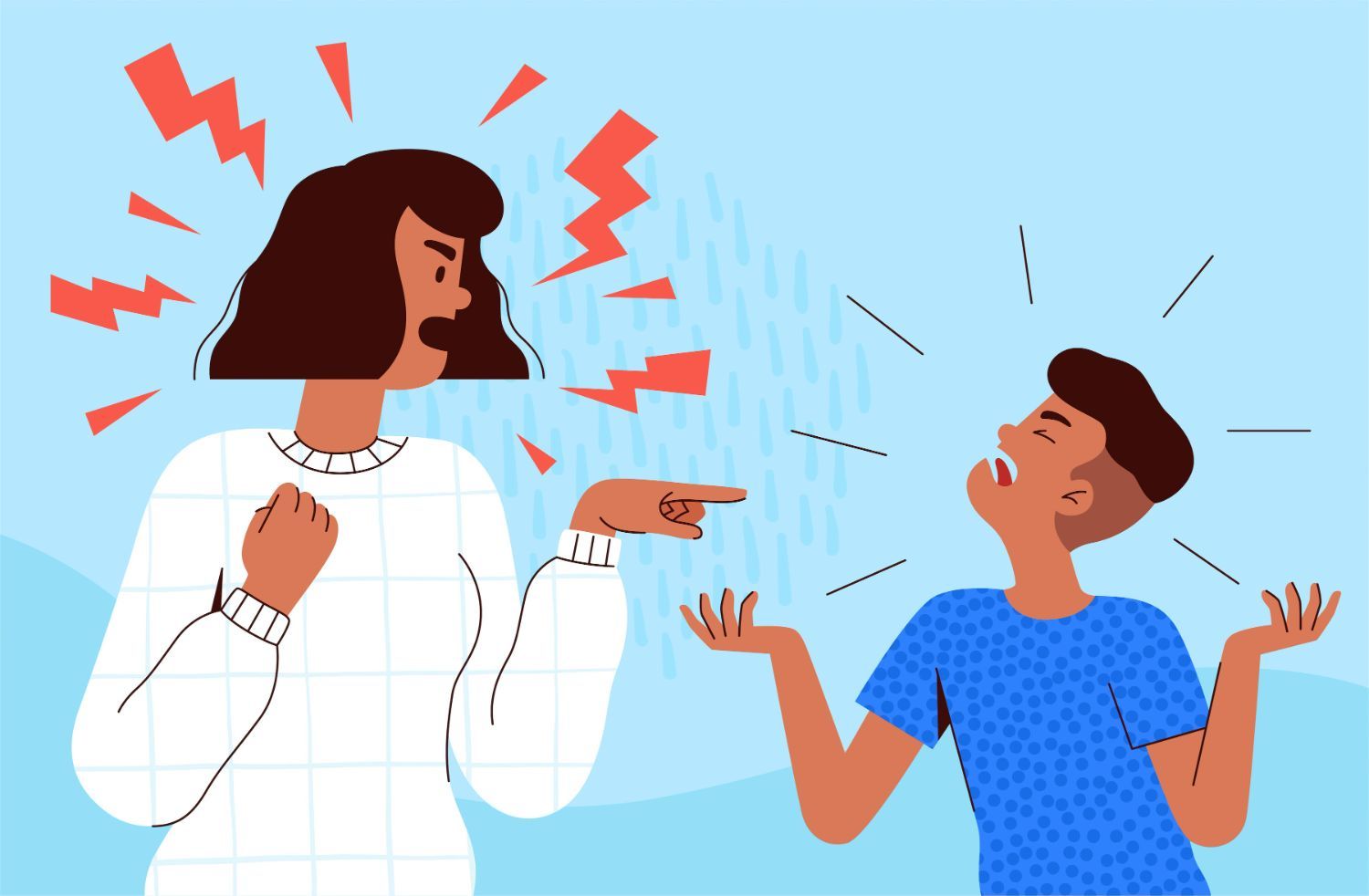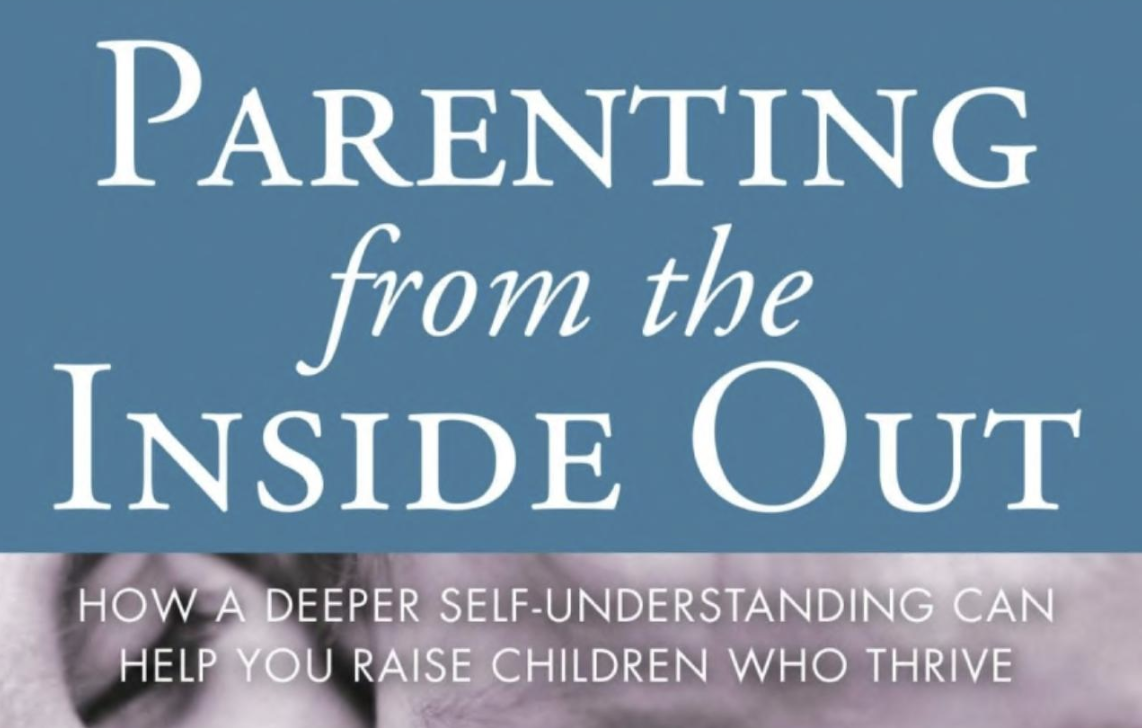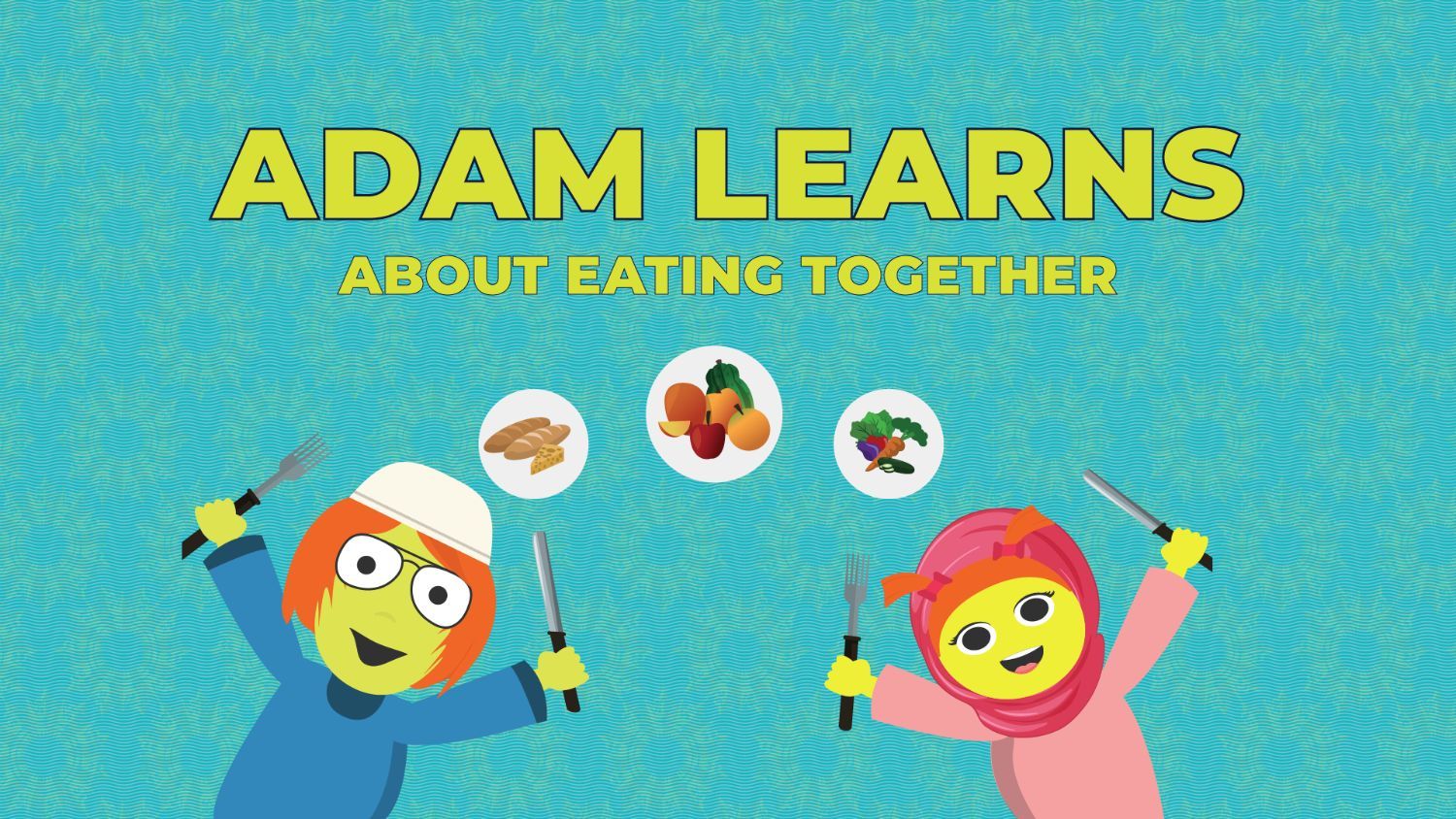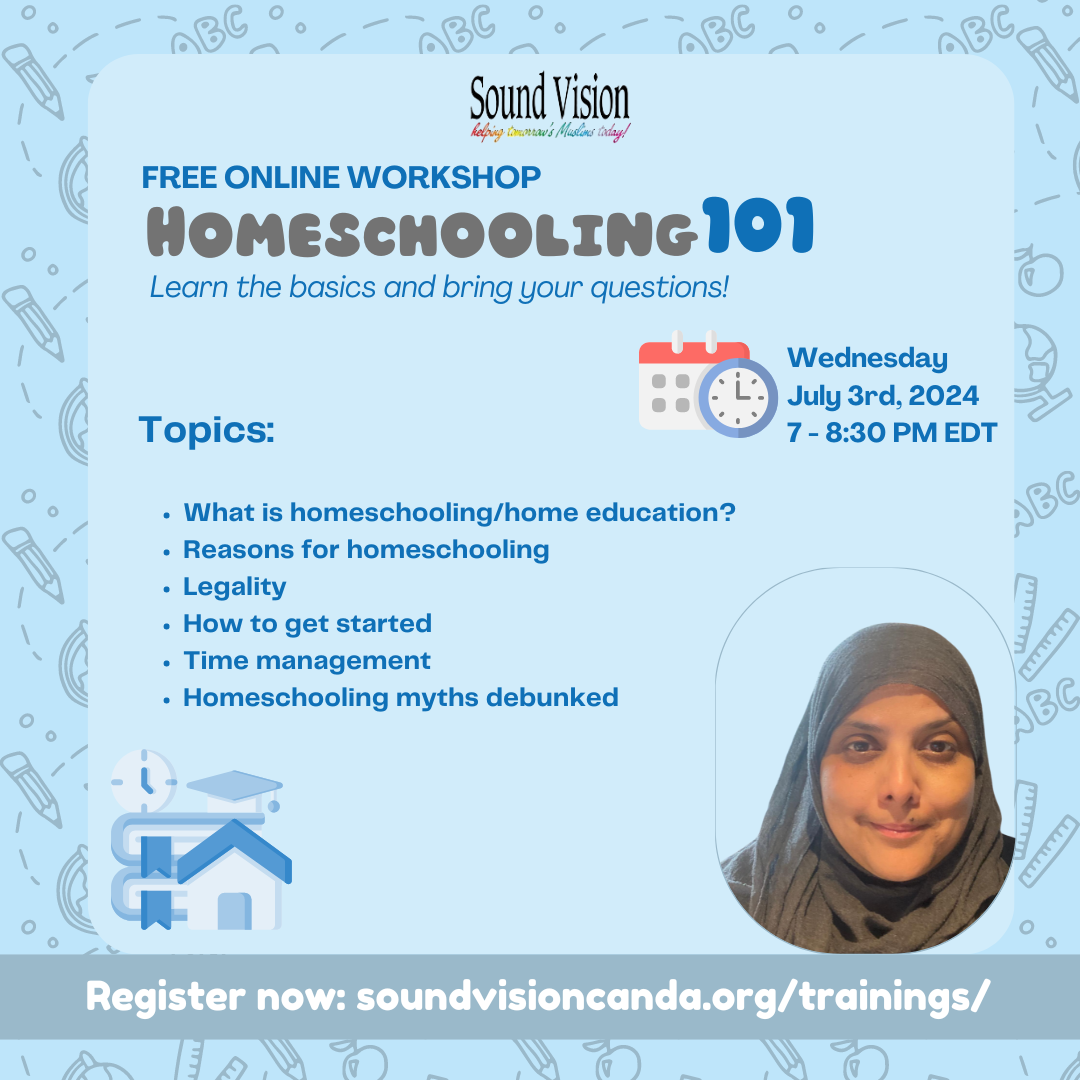|  | |  | 15 Seasoned Parents Offer Advice on Keeping Our Children on the Deen By Wendy Díaz While each family's journey is unique, the core principles of building strong relationships, fostering open communication, and leading by example remain universal. The Quran and Sunnah provide us with timeless guidance as we navigate the pleasures and perils of parenting. Writer and community activist Wendy Díaz reached out to Muslim parents of adult children from across the country to gather their insights. Here are 15 pieces of advice they shared on how to help children stay committed to their faith. By following these pieces of advice, and keeping prayer at the top of your list, you can create a nurturing environment that strengthens their faith and helps them navigate the complexities of modern life with an Islamic perspective. |
| | | Parenting Tip Our children are a huge amana or trust. We have to take our parenting responsibilities seriously and understand they have far-reaching consequences for ourselves and our children now and into the future. |
| |  | Breaking Negative Parenting Habits By Laura El Alam The vast majority of Muslim parents try their best to be excellent, patient caretakers, but anyone with children knows that raising babies, toddlers, preteens, and teenagers can be exhausting, confusing, and exasperating. Controlling our tempers, responding with compassion, and finding an appropriate approach for each unique child are all challenges for parents who strive to be worthy of the Prophet’s legacy, peace and blessings be upon him. Writer Laura El Alam has compiled a list of four important suggestions for parents who need to fix toxic habits. The article also includes helpful reading and podcast resources. |
| | | Inspiration “Raise your words, not your voice. It is rain that grows flowers, not thunder.” – Rumi, 13th-century Afghan poet and scholar |
| |
|
|  | Generational Trauma and Its Impact on Parenting By Miriam Mohamed Intergenerational trauma refers to the transmission of trauma and its psychological effects across generations. This phenomenon manifests in various forms, including but not limited to adverse childhood experiences, familial dysfunction, substance abuse, mental health disorders, and relational difficulties. The consequences of intergenerational trauma extend far beyond the initial sufferers, permeating into subsequent generations and shaping their worldview, behaviors, and interpersonal relationships. Learn more about it and how to stop the cycle of generational trauma in this article. |
| | | Islamic Guidance The Prophet, peace and blessings be upon him, said: “Beware. Every one of you is a shepherd and everyone is answerable with regards to his flock… A man is a guardian over the members of his family and shall be questioned about them. A woman is a guardian over the household of her husband and his children and shall be questioned about them…” (Muslim) |
| |  | Attachment Styles and How You Can Change Yours as an Adult By Sumayya Khan Can you think back to some of your earliest memories of your mother or father when you were between 4 to 10 years old? Do you remember feeling safe and happy with them? Or perhaps a little distant, trying to grab their attention all the time? Or maybe you were even scared of them? It is important to reflect on this because how you were “attached” to your parents or other primary caregivers in the first few years of your life greatly impacts how you treat your spouses, children, family members, close friends, and colleagues. It is especially important to ensure that negative traits and practices are not passed on generationally. Learn more in this comprehensive article. |
| | | Interesting Facts National statistics related to the incidence of trauma are startling. - The National Council for Mental Wellbeing states that 70% of adults in the U.S. have experienced some form of trauma.
- Each and every minute, 20 individuals are physically abused by their intimate partner.
- Abuse and neglect are a reality for 1 in 7 children.
- Post-Traumatic Stress Disorder (PTSD) is developed by 4% of men and 10% percent of women.
- Roughly 8 million people will develop PTSD in any given year.
- And then there is all the sexual violence: 20% of men endure sexual violence during their lifetime. For women, the number is nearly 50%.
For more details, visit Intergenerational Trauma: Recognize These Signs and Symptoms |
| |  | Book Review: Parenting from the Inside Out By Umm Ahmed As we become more aware of the impact of our childhood experiences on our parenting styles, it’s crucial to address and resolve deep-seated issues in order to prevent passing them on to our children. And, this understanding is essential for fostering sustainable generational growth. Parenting from the Inside Out by renowned child psychiatrist Dr. Daniel J. Siegel and early childhood expert Mary Hartzell, M.Ed., can provide insights and guidance for parents aiming to break negative cycles and build loving, secure relationships with their children. Learn more about the details from this review by Umm Ahmed. |
| | | | | |  | Adam's World Video: Adam Learns about Eating Together Adam has been extra hungry lately. Maybe it has something to do with the blessings found in his food. Learn more about the Sunnahs associated with eating. The Arabic letter “Seen” and the English letter “S” are featured for Sunnah. A nice nashid called “The Blue Sky Is Blue” by Dawud Wharnsby complements the lesson. (6:30) |
| | | Check out these training resources for your family! |
| |  | |  | |  |
|
| | | |
|
|  | The Sound Vision Foundation has been a trusted source of Islamic knowledge for more than 30 years. Our work with the world-renowned puppets Adam and Aneesah pioneered creative programming for Muslim children, encouraging them to learn about and love their religion. We continue to bring sound content and engaging programs that stimulate minds, touch hearts, and strive to fulfill our mission of raising better Muslims, better neighbors, and better citizens. This latest effort is designed to support and empower Muslim parents to do the same. |
| | | |
|
| |
|
|